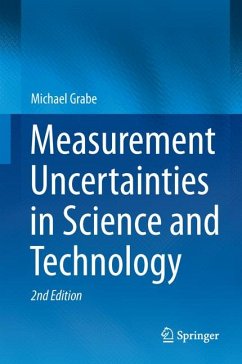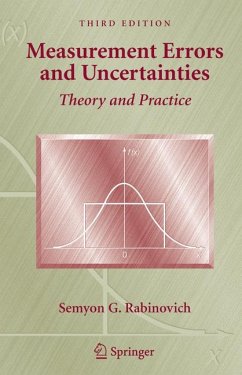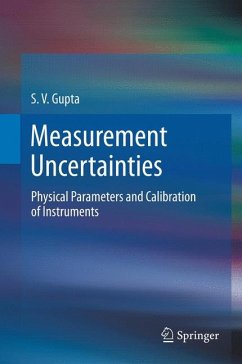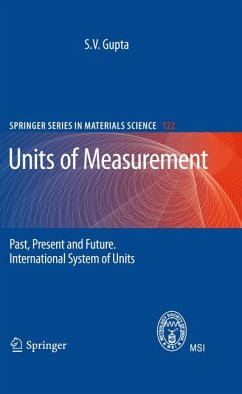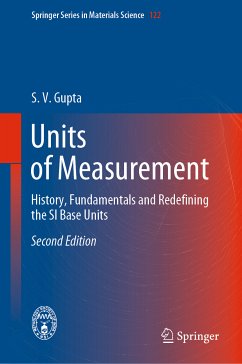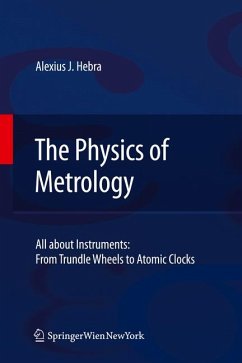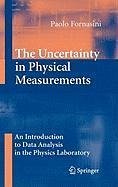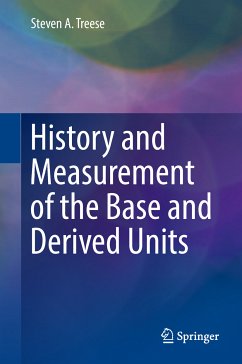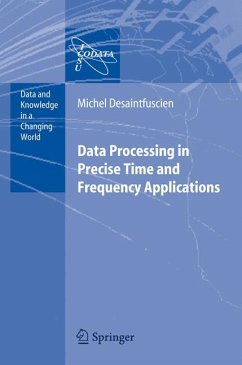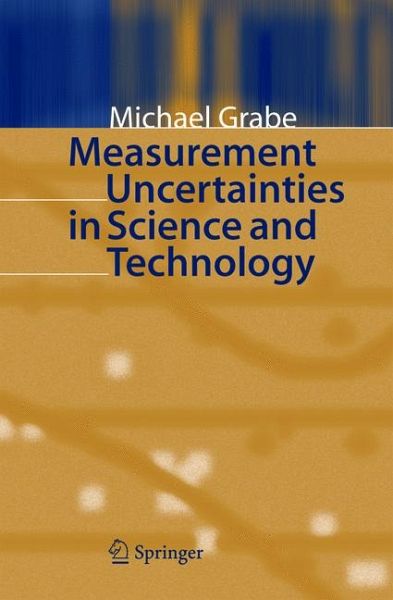
Measurement Uncertainties in Science and Technology (eBook, PDF)
Versandkostenfrei!
Sofort per Download lieferbar
88,95 €
inkl. MwSt.
Weitere Ausgaben:

PAYBACK Punkte
44 °P sammeln!
At the turn of the 19th century, Carl Friedrich Gauss founded error calculus by predicting the then unknown position of the minor planet Ceres. Ever since, error calculus has occupied a place at the heart of science. In this book, Grabe illustrates the breakdown of traditional error calculus in the face of modern measurement techniques. Revising Gauss' error calculus ab initio, he treats random and unknown systematic errors on an equal footing from the outset. Furthermore, Grabe also proposes what may be called well defined measuring conditions, a prerequisite for defining confidence intervals...
At the turn of the 19th century, Carl Friedrich Gauss founded error calculus by predicting the then unknown position of the minor planet Ceres. Ever since, error calculus has occupied a place at the heart of science. In this book, Grabe illustrates the breakdown of traditional error calculus in the face of modern measurement techniques. Revising Gauss' error calculus ab initio, he treats random and unknown systematic errors on an equal footing from the outset. Furthermore, Grabe also proposes what may be called well defined measuring conditions, a prerequisite for defining confidence intervals that are consistent with basic statistical concepts. The resulting measurement uncertainties are as robust and reliable as required by modern-day science, engineering and technology.
Dieser Download kann aus rechtlichen Gründen nur mit Rechnungsadresse in A, B, BG, CY, CZ, D, DK, EW, E, FIN, F, GR, HR, H, IRL, I, LT, L, LR, M, NL, PL, P, R, S, SLO, SK ausgeliefert werden.




